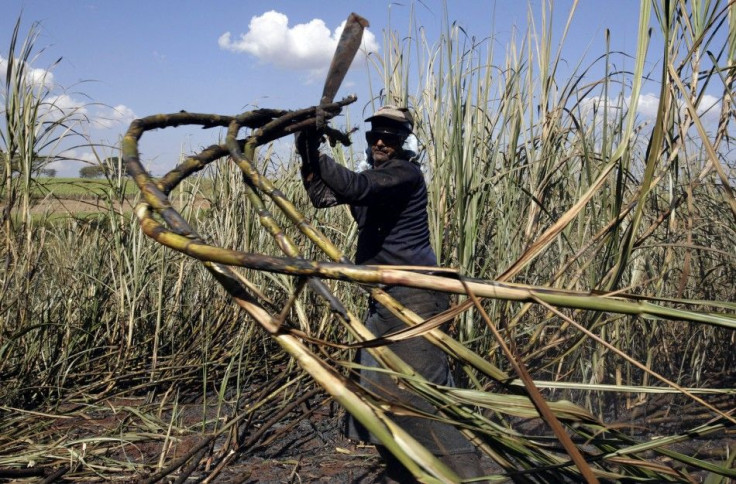Ethanol best hope to replace oil: BP’s Dudley

Once the world’s crude oil reserves finally run out, the best hope for a replacement is ethanol derived from Brazilian sugar-cane, according to Bob Dudley, the chief executive of BP (NYSE: BP).
As a consequence, Dudley told the Brazilian weekly magazine Veja that his company will allot 40 percent of its $1-billion annual research expenditures on Brazilian ethanol.
There will obviously a time when the oil runs out and with this prospect on the horizon, we will use more renewable energy sources, he was quoted as saying. The alcohol extracted from sugar cane is cheaper, less polluting and more efficient than that from corn, for example, produced in the US.”
Dudley added that ethanol is the best type of renewable energy and potentially provides an ultrapotent fuel that could revolutionize the market.
Brazil also has a huge advantage in relation to its competitors,” Dudley noted.
“The climate and soil are ideal and the sugarcane crop does not have to compete for areas with food crops, as happens in the case of America.
According to press reports, more than half of the automobiles in Brazil have “flex-fuel” engines, which means they can run on pure ethanol or ethanol mixed with petrol. Moreover, more than four out of five new cars sold in the country have this type of engines.
Last year Korean automaker Kia Motors introduced to Brazil its first car, the Kia Soul, that runs totally on ethanol.
Kia claimed that the Soul Flex offers a 44-percent improvement in fuel efficiency over the prevailing gasoline-only model.
Currently, Brazil is the world’s second largest ethanol producer (which is about 40 percent cheaper than gasoline).
© Copyright IBTimes 2025. All rights reserved.




















